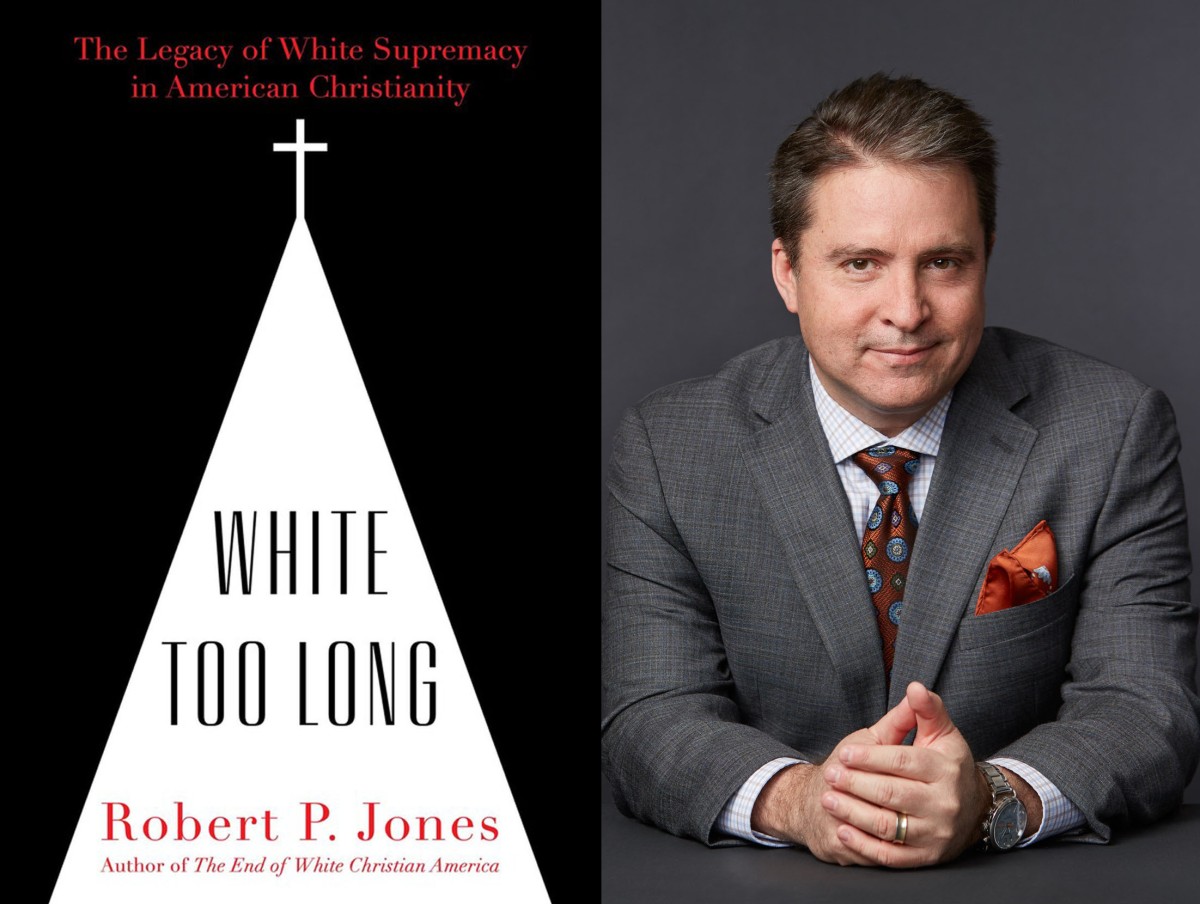I don’t remember the first time I heard “Coal Miner’s Daughter.” The song has been a familiar hymn from infancy, a lullaby my grandmother would sing along with “You Are My Sunshine” and “Rock-a-Bye Baby.”
You see, like Loretta Lynn herself, my grandmother was a coal miner’s daughter from eastern Kentucky. The song didn’t just tell Loretta’s story of growing up in Butcher Hollow, it told of Mamaw’s life in Hacker Hollow, 85 miles south of Van Lear, Kentucky, where Loretta grew up.
The most awarded woman in country music history and an American legend, Lynn passed away earlier this month at the age of 90. The first woman to win the Country Music Association’s most prestigious prize, Entertainer of the Year, she has rightly been remembered as a trailblazer who, with songs like “Don’t Come Home a’ Drinkin’” and “The Pill” – a song so controversial it’s still not played by country radio – broke glass ceilings and forever expanded possibilities for women, especially women in country music. Her legacy as a feminist icon is indisputable.
Less discussed, however, is Loretta Lynn the Appalachian. Yet few Appalachian writers – be they songwriters, poets, novelists, or something else entirely – have been as prolific, successful and important as Loretta. That legacy warrants celebration.
A fiercely proud woman, Loretta never shied away from her roots in the coalfields of eastern Kentucky. By so unabashedly embracing her heritage and home, she challenged the prevailing narrative of the region, in turn inspiring generations of young Appalachians – myself included – to pursue careers in arts and media. Her example defied the stereotypes and prejudice directed at us by dint of our origin and challenged those of us who followed in her footsteps to do the same.
It is impossible to understate the importance of “Coal Miner’s Daughter.” For too long, the stories of life in the hills and hollows were told by outsiders. As far back as the 19th century, “local color writers” from outside the region like Mary Murfree of middle Tennessee and academics like William Goodell Frost, whose 1899 essay “Our Contemporary Ancestors” did more to “other” Appalachia, were painting the region as backwards, violent and antiquated. Writers like Horace Kephart, who was from St. Louis (then one of the most cosmopolitan cities in the nation), and Emma Bell Miles made their names by emphasizing the more extreme elements of our region and caricaturing the folks they wrote about.
These writers exploited Appalachia and the people who lived here. By focusing on the feuds, the violence, the poverty and the isolation, they created an image of the region as backwards and barbaric. That image would come to define the region, and it is a misconception we are still attempting to correct to this day.
That is not to say they were entirely wrong. Life in Appalachia was and remains difficult for many people. Listening to the lyrics of “Coal Miner’s Daughter,” you might think that Lynn was part of the problem rather than the solution. Yet, rather than writing a one-dimensional portrayal of a place forgotten by time and progress, Lynn wrote of her own personal experiences in a way that was relatable and honest without being reductive. She showed that ours is a region rich in talent, in love and in beauty.
The focus of “Coal Miner’s Daughter” is not the poverty of her family, but the love they had for one another. Her father was industrious and found ways to provide; her mother was equally hardworking and nurturing, washing clothes until her fingers bled because that was what needed doing. There is a compassion at the heart of “Coal Miner’s Daughter” that is lacking in earlier portrayals of the region written by outsiders – portrayals that often had a condescending and patronizing air to them.
There was none of that with Lynn. She was earnest, honest and suffered no fools. In “Don’t Come Home ‘a Drinkin’,” she spoke for put-upon wives everywhere. Yet there was also an indisputable Appalachianess to the lyrics. By telling her ne’er-do-well husband to “leave that bottle of me behind,” she spoke with a directness that was viewed as unbecoming of middle class women in most of 1960s America, but which had long characterized women in Appalachia – women who were often frank and, free of middle-class bourgeoise influence, perhaps more free to speak their piece than the average American woman of the mid-20th century. Her tenacity and willingness to speak truth-to-power made her a feminist icon yet is too frequently divorced from her Appalachian heritage.

In truth, it is no coincidence that the woman who wrote and released “The Pill” was from eastern Kentucky. One of my great grandmothers had nine children. The other had 10, two of whom died before the age of 5. My own grandmother nearly died delivering her second child. Lynn herself was one of eight children and the mother of six. Perhaps more than most, she understood the transformational power birth control could have on women’s lives. Appalachian women, whether because they were geographically isolated or too impoverished, had long lacked access to basic healthcare.
Despite these challenges, Lynn took pride in being Appalachian. “I am proud to be a coal miner’s daughter,” she sang. Released in 1970, that was a bold and defiant statement. This was the era when politicians, journalists and businesses – especially coal barons – painted Appalachian culture as one of endemic poverty, a defective and degenerate culture in need of correcting. It was certainly not a place of which to be proud.
Lynn reframed that discussion by pointing to the industriousness of her family and boldly proclaiming her identity to the world. In doing so, she made it clear that there is nothing to be ashamed of in coming from Appalachia, even if you are one of those poor people who don’t have shoes in summertime. She literally reclaimed the narrative for not only herself, but for the region, in turn both celebrating her own family and giving a proverbial middle finger to those who denigrate her mountain home.
Indeed, Lynn’s very existence was political in ways perhaps even she did not always appreciate. There was no denying the sheer talent she represented, a talent not often associated with Appalachia despite the fact that ours is the region that gave birth to country music itself. Her lyrics are poetry, her artistry unparalleled. She showed the world what Appalachians are capable of every time she took the stage.
That, I believe, is the legacy of Loretta Lynn. By simply being proud to be a coal miner’s daughter, she reminded us all that ours is a region, a culture, a people deserving of pride and respect. She could have run away from eastern Kentucky, from Appalachia and the stereotypes that came with it. Instead, she embraced the good while turning the bad on its head, reclaiming and reframing it for Americans in general and Appalachians specifically. No longer would our stories be told by outsiders. Lynn ensured that Appalachians would control our own narrative – and with it, our own destinies.
Her legacy as a woman who, through hard work, sheer talent, grit and determination, upended decades of stereotypes and reminded the nation that Appalachia is part of rather than “in, but not of” America, cannot be overlooked. We all owe her a debt of gratitude for that and for the gift of her songwriting. That gift changed the way our region views itself and is viewed by the country at large.
We are all better off because of her contributions, and we all owe her a profound debt of gratitude. It is because of Loretta Lynn that I can say that I am proud to be a writer, to be from eastern Kentucky and to be a coal miner’s great-grandson.
It is because of Loretta Lynn that I am proud to be an Appalachian.
Enjoy this commentary? Sign up for our weekly newsletter to get the latest writing from Skylar Baker-Jordan straight to your inbox here.



